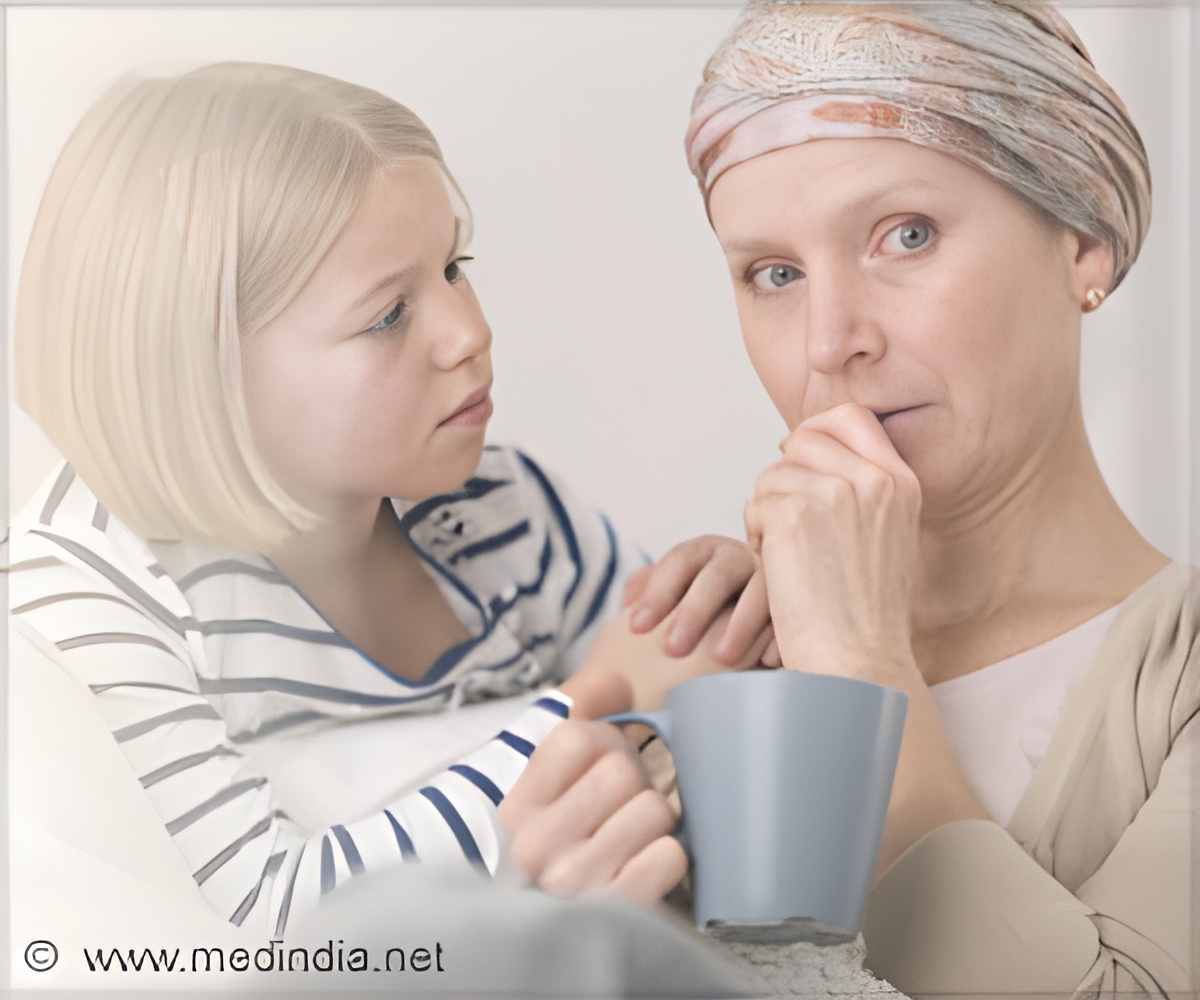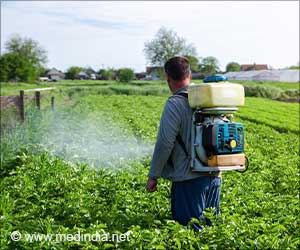Cancer diagnosis can affect family life. Here are some tips to help your child cope during tough times.

‘Cancer diagnosis can affect family life. Here are some tips to help your child cope during tough times.’





Four Tips to Help Your Child Cope During Tough Times
Susan Stephens, MSW, LCSW, OSW-C, and Jennifer Boughton, MSW, LCSW, social workers at Rutgers Cancer Institute of New Jersey, the state’s only National Cancer Institute-designated Comprehensive Cancer Center together with RWJBarnabas Health, offer expert advice on helping your child cope during the upcoming school year.Communicate with teachers and school staff about what is going on.
School is a vital part of any child’s life. Teachers and other school staff play a key role in maintaining a sense of stability and normality for students. Additionally, the school community plays a central role in the lives of some families. It is important to notify your child’s school about the medical situation in your family so that teachers can stay aware of changes in the student’s behavior such as a decrease in attention and activity or emotional outbursts.
Maintain open communication with your kids and teens at home.
A child’s understanding of cancer depends on their age, maturity level, and experience with the disease. When someone they know is diagnosed with cancer, they may have a range of reactions and emotions. Communicating honestly about cancer builds trust and increases the likelihood that your child will come to you with questions or concerns. Not knowing what is going on or how to cope with it can be scary.
Help your child anticipate how their lives might need to change.
When family routines change, children need to know how it will impact their life. In some cases, your child’s normal routine might be disrupted, including a change in who will bring them to school, make them dinner or take them to after-school activities. You may also need to let them know about any expected change in appearance or behavior (hair loss, fatigue). Talking openly can help everyone in the family cope with whatever changes lie ahead.
Seek support if needed.
If your family needs psychosocial support, there are teams of experts available who understand how cancer affects a person and their loved ones. At Rutgers Cancer Institute facility, social workers can help find strategies to assist patients and families with adapting and managing concerns and offer individual and family counseling, stress management, and school re-entry planning. School re-entry during and after treatment includes educating school staff about pediatric cancer and Sickle Cell Disease as well as helping develop appropriate 504 accommodations or Individual Education Plans(IEPs) relevant to the patient’s medical needs.
Advertisement
Source-Newswise













